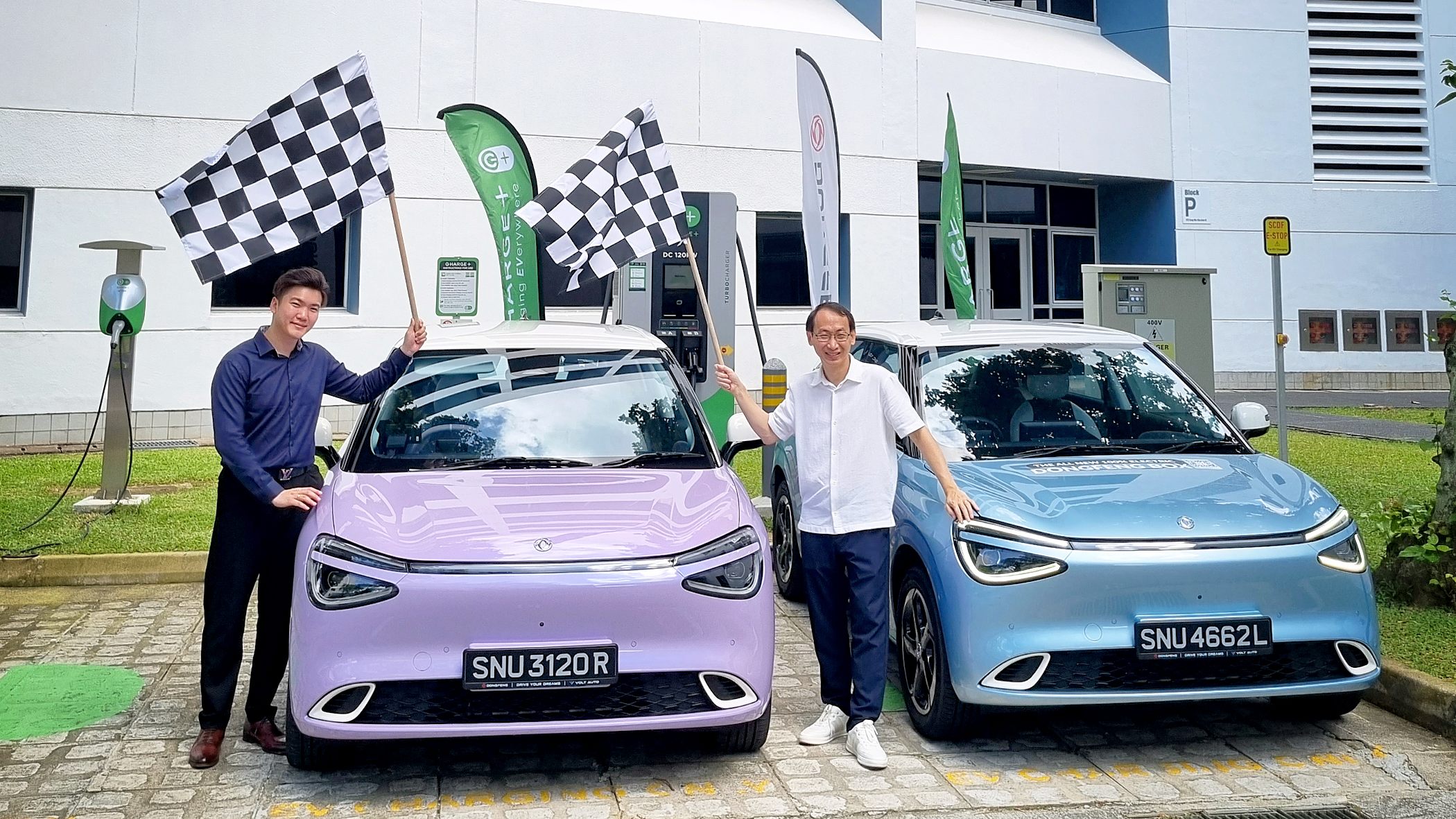Tackling Market Oversupply
Thailand’s government is revising its electric vehicle promotion measures to address a looming oversupply in the domestic market. Announced on June 16, 2025, these changes aim to stabilize the EV industry, which has faced intense competition and price wars. The adjustments focus on recalibrating incentives to balance import and local production requirements, ensuring sustainable growth for Thailand’s automotive sector.
EV 3.5 Scheme Requirements
Mandating Local Production
Under the EV 3.5 scheme, manufacturers receiving subsidies for imported EVs must establish local production facilities. By 2026, they must produce twice the number of EVs domestically to offset imports, increasing to three times by 2027. Failure to meet these targets requires repayment of subsidies, a condition designed to boost Thailand’s EV manufacturing hub status but now strained by market dynamics.
Unforeseen Market Challenges
Price Wars Disrupt Industry
The government underestimated the fierce competition in the EV sector, particularly from China, the world’s largest EV producer. Aggressive price cuts have triggered a price war, with some manufacturers registering new EVs as “used” to sell them at steep discounts. This strategy, while boosting sales volumes, has destabilized smaller producers and flooded Thailand’s market, prompting urgent policy revisions.
Finance Ministry’s Response
Collaborating with BoI
The Finance Ministry, in discussions with the Board of Investment, is exploring ways to ease the oversupply’s impact. One proposed solution involves adjusting the formula for calculating local production quotas to offset imports. This tweak aims to reduce pressure on manufacturers while maintaining incentives for domestic production, safeguarding the industry from further price erosion and economic strain.
BoI’s Role in EV Growth
Driving Economic Impact
The Board of Investment views the automotive industry, with over 2,000 parts suppliers and 900,000 employees, as a cornerstone of Thailand’s economy. From 2022 to 2024, EV registrations soared from 84,500 to 206,000 units, fueled by 644 investment requests worth over 280 billion baht. However, the BoI warns that unchecked oversupply could sustain price wars, threatening this vital sector’s stability.
Revised EV 3.0 and 3.5 Conditions
Flexible Production Timelines
To address market challenges, the EV Board has relaxed EV 3.0 conditions, previously requiring a 1:1 local production-to-import ratio by 2024 or 1:1.5 by 2025. Manufacturers can now extend timelines to align with EV 3.5’s stricter ratios but forfeit subsidies for extended units until production quotas are met. Unsold imported EVs under EV 3.0 can also be exported without counting toward production quotas, offering relief to manufacturers.
Long-Term Industry Outlook
Balancing Growth and Stability
Thailand’s adjustments reflect a strategic pivot to sustain its ambition of becoming an ASEAN EV manufacturing hub while navigating global market pressures. By fine-tuning incentives and production requirements, the government aims to curb oversupply, stabilize prices, and protect local manufacturers. These measures underscore the delicate balance between fostering EV adoption and ensuring economic resilience in a rapidly evolving industry.









